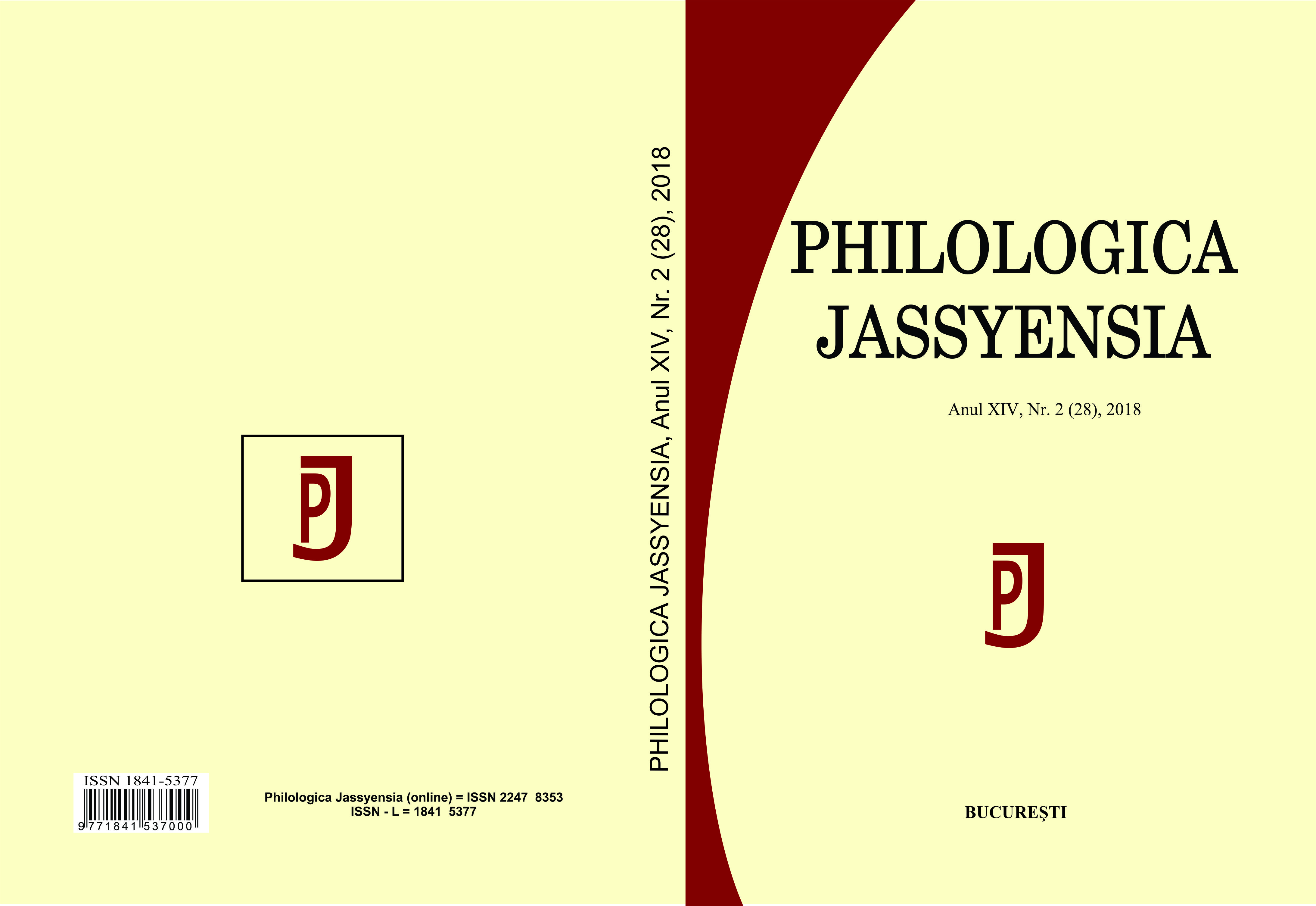„Deutsch light“ – Quo vadis Hochdeutsch?
“Light German” – quo vadis High German?
Author(s): Rudolf WindischSubject(s): Language and Literature Studies, Historical Linguistics
Published by: Editura Tracus Arte
Keywords: ‘light’ German/ Deutsch ‘leichte Sprache’; rules of grammar for ‘easy’ German; Convention on the Rights of Persons with Disabilities (CRPD); plain-language;
Summary/Abstract: Since 2002, the law of equality act of disabled persons has been in effect to facilitate the barrier-free access to all regulation laws of public authorities (Behindertengleich-stellungsgesetz). This is not only literally meant as technically unhindered access for wheelchairs to public buildings, but also as inclusion of illiterate, mentally retarded people and social outsider in the public life. The task is now to translate ‘heavy German’ into ‘light language’, eg. by renouncing the genitive of nouns, the subjunctive as a mode, accurate numbers, just an example: not Bismarck was appointed as Chancellor in 1871, but „vor langer Zeit“ – a long time ago. The grammatical rules of this light German are exemplified in the new DUDEN-Leichte Sprache (Berlin, 2016). Our question: to what extent can immigrants, refugees or foreigners gain their language competence with the help of this light German? Is teaching by DaF-Programs (‘German as a foreign language’) and using the DUDEN-Grammar now overtaken? Finally, one has to take into account that the social integration of these persons also includes language contact with the locals. The basic value estimation for an elaborate Hochdeutsch/ ‘high-German’, especially in everyday life, should not be neglected.
Journal: Philologica Jassyensia
- Issue Year: XIV/2018
- Issue No: 2 (28)
- Page Range: 137-149
- Page Count: 13
- Language: German

